Зарегистрируйтесь на getAbstract, чтобы получить доступ к этому краткому изложению.
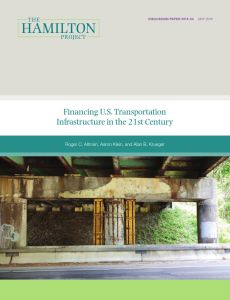
Зарегистрируйтесь на getAbstract, чтобы получить доступ к этому краткому изложению.
Roger C. Altman, Aaron Klein and Alan B. Krueger
Financing U.S. Transportation Infrastructure in the 21st Century
The Hamilton Project, 2015
Что внутри?
America’s decaying transportation infrastructure is holding back its economy, but solutions – both short- and long-term – exist.
Recommendation
The United States’ decaying transportation system suffers from political deadlocks, decreased investment, and inefficient local, state and federal funding. These impediments are blocking opportunities to create jobs and improve the US economy’s competitiveness. This accessible, detailed report from Roger C. Altman, Aaron Klein and Alan B. Krueger offers practical solutions to America’s transport issues. The authors know of what they speak, as they apply their combined years of distinguished government service to the problem. getAbstract recommends their work to anyone who travels America’s roads, bridges, ports, railways, subways and buses.
Summary
About the Authors
Roger C. Altman is founder and executive chairman of Evercore Partners, an independent investment banking firm. Aaron Klein is director of the Financial Regulatory Reform Institute at the Bipartisan Policy Center. Alan B. Krueger is the Bendheim Professor of Economics and Public Affairs at Princeton University.












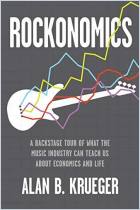



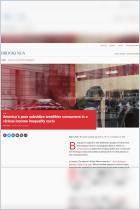




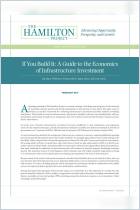

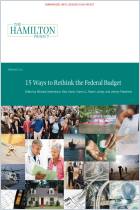









Comment on this summary